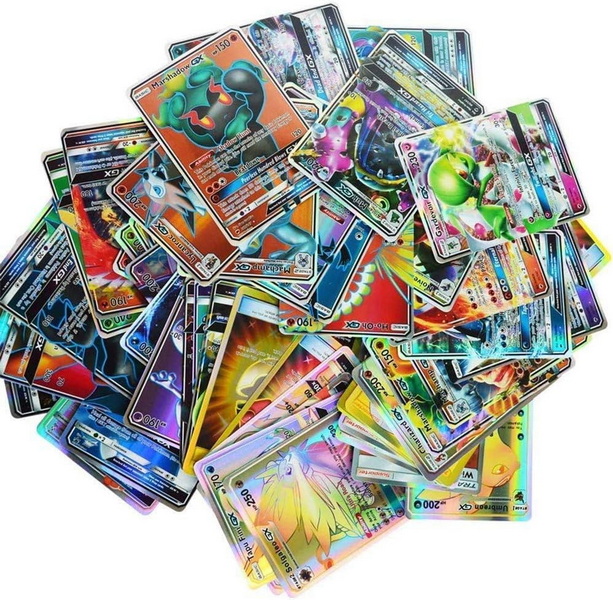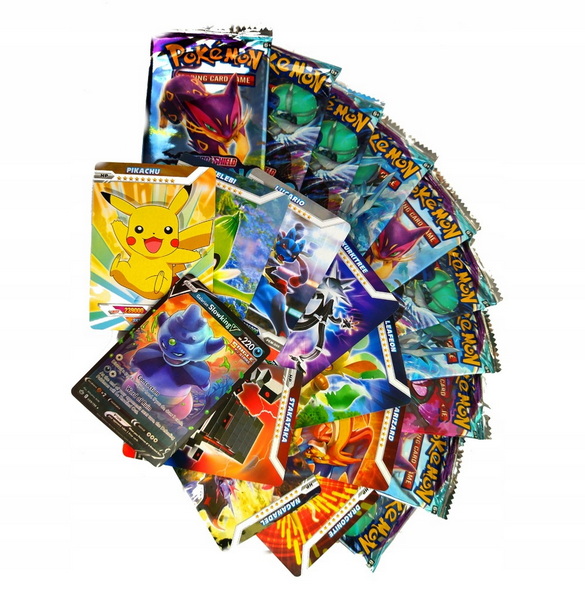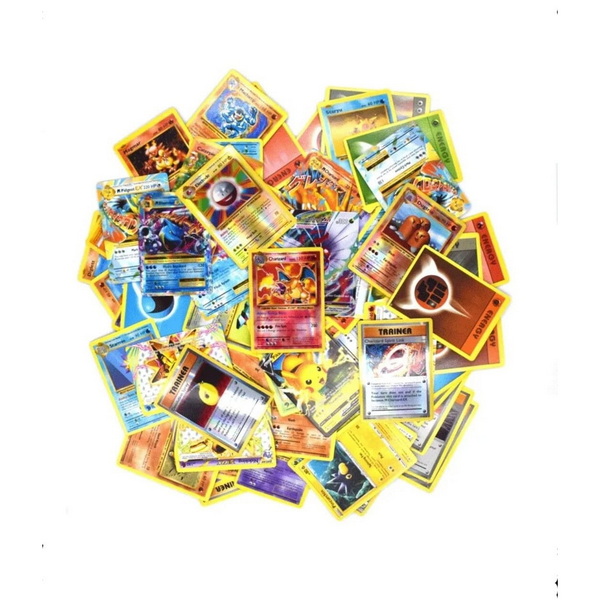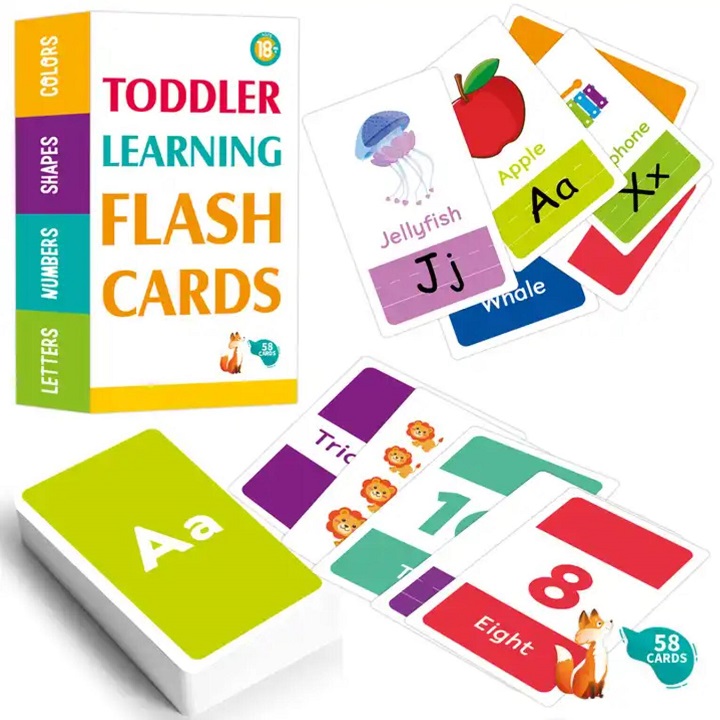Content Menu
● Introduction
● Understanding the Basics of Pokémon TCG
>> Objective of the Game
>> Components of the Game
>> Types of Cards
● Setting Up the Game
>> Preparing Your Deck
>> Placing Pokémon on the Field
>> Setting Prize Cards
● Gameplay Structure
>> Turn Sequence
>> Ending Your Turn
● Winning the Game
● Strategies for Success
>> Building Your Deck
>> Understanding Matchups
>> Managing Resources
>> Timing Your Attacks
● Advanced Gameplay Concepts
>> Synergy Between Cards
>> Meta Awareness
>> Tournament Play Rules
● Conclusion
● Related Questions
>> 1. What are the different types of Pokémon cards?
>> 2. How do I set up my deck for a game?
>> 3. What happens if I run out of cards during my turn?
>> 4. Can I attack on my first turn?
>> 5. How do I win a game?
● Citations:
Introduction
The Pokémon Trading Card Game (TCG) is a strategic card game that allows players to battle against each other using decks of Pokémon cards. Each player aims to defeat their opponent by knocking out their Pokémon and claiming Prize cards. This article will provide a comprehensive guide on how to play the Pokémon TCG, covering the rules, card types, strategies, and more.

Understanding the Basics of Pokémon TCG
Objective of the Game
The primary objective of the Pokémon TCG is to be the first player to achieve one of the following conditions:
- Take all of your Prize cards.
- Knock out all of your opponent's Pokémon in play.
- Cause your opponent to run out of cards in their deck at the beginning of their turn.
Components of the Game
To play the Pokémon TCG, you need:
- A deck consisting of exactly 60 cards.
- A playmat or flat surface to organize your cards.
- A coin for determining who goes first.
Types of Cards
There are three main types of cards in the Pokémon TCG:
- Pokémon Cards: These come in three stages: Basic, Stage 1, and Stage 2. Basic Pokémon can be played directly from your hand, while Stage 1 and Stage 2 Pokémon must evolve from their respective predecessors.
- Energy Cards: These are required to perform attacks and come in two varieties: Basic Energy and Special Energy. Basic Energy cards correspond to different types (e.g., Grass, Fire, Water), while Special Energy cards often provide additional effects or can count as multiple types.
- Trainer Cards: These include Items, Supporters, and Stadiums that provide various effects to assist players during their turns. Items can be played anytime during your turn, Supporters can only be played once per turn, and Stadiums remain in play until another Stadium is played.
Setting Up the Game
Preparing Your Deck
Before starting a game, each player must:
- Shuffle their deck thoroughly.
- Draw seven cards from the top of their deck to form their initial hand.
Placing Pokémon on the Field
Each player must:
1. Check if they have any Basic Pokémon in hand. If they do, they place one face down as their Active Pokémon and can place up to five additional Basic Pokémon face down on their Bench.
2. If a player does not have any Basic Pokémon, they must reveal their hand, shuffle it back into their deck, and draw seven new cards (this process is called a "mulligan"). For each mulligan taken by a player, the opponent may draw one extra card.
Setting Prize Cards
Once both players have at least one Basic Pokémon in play:
- Each player sets aside six cards from the top of their deck face down as Prize cards. These are what players aim to claim throughout the game.

Gameplay Structure
The game consists of turns that follow a specific structure:
Turn Sequence
Each player's turn consists of three main parts:
1. Draw Phase: At the beginning of your turn, draw one card from your deck.
2. Action Phase: You can perform several actions in any order:
- Put Basic Pokémon onto your Bench (up to five total).
- Evolve your Pokémon (if applicable).
- Attach one Energy card from your hand to one of your Pokémon (once per turn).
- Play Trainer cards (as many as you want, but only one Supporter and one Stadium per turn).
- Retreat your Active Pokémon (only once per turn).
- Use Abilities (as many as you want).
3. Attack Phase: Choose an attack for your Active Pokémon and apply its effects.
Ending Your Turn
After attacking, your turn ends, and it becomes your opponent's turn.
Winning the Game
To win a game of Pokémon TCG:
- You can win by taking all six Prize cards.
- You can also win by knocking out all of your opponent's Active Pokémon or if they cannot draw a card at the beginning of their turn because their deck is empty.
Strategies for Success
Building Your Deck
A well-balanced deck is crucial for success in the Pokémon TCG:
- Include a mix of Basic, Stage 1, and Stage 2 Pokémon that complement each other's strengths and weaknesses.
- Ensure you have enough Energy cards to support your attacks; typically, a good ratio is around 10–15 Energy cards depending on your strategy.
- Incorporate Trainer cards that enhance your gameplay strategy—consider including draw power Trainers like Professor's Research or Item finders like Quick Ball.
Understanding Matchups
Knowing how different types of decks interact can give you an advantage:
- Some decks may struggle against certain types due to weaknesses or resistances; for example, Water-type Pokémon are weak against Electric-type attacks.
- Pay attention to your opponent's strategy and adjust yours accordingly; if you notice they rely heavily on a specific type or strategy, consider countering it with effective Trainer or Attack strategies.
Managing Resources
Efficiently managing your hand and resources is key:
- Keep track of which cards you have used and what remains in your deck; this knowledge helps you make informed decisions about when to attack or defend.
- Use Trainer cards strategically to gain an advantage; for instance, using a Supporter like Marnie can disrupt your opponent's hand while providing you with fresh options.
Timing Your Attacks
Timing is critical in competitive play:
- Consider when to attack based on both your board state and that of your opponent's; sometimes it's better to wait a turn rather than attacking prematurely.
- Use abilities wisely—some Pokémon have abilities that can change the tide of battle when used at just the right moment.
Advanced Gameplay Concepts
As players become more familiar with basic gameplay mechanics, they may want to explore more advanced concepts:
Synergy Between Cards
Building synergy between cards can create powerful combinations:
- Look for Pokémon that benefit from each other's abilities or attacks; for example, some may increase damage output or provide healing effects when certain conditions are met.
- Trainer cards that enhance specific types or strategies should be included based on what works best with your chosen Pokémon.
Meta Awareness
Understanding the current competitive environment (the "meta") is crucial for success:
- Stay informed about popular decks and strategies being used at tournaments; this knowledge allows you to prepare counters in advance.
- Adjust your deck based on common threats—if certain decks dominate local tournaments, consider how best to combat them with specific card choices.
Tournament Play Rules
If you decide to participate in tournaments:
- Familiarize yourself with tournament rules and regulations; these may differ from casual play.
- Understand time limits for matches—tournaments often have strict time constraints that require players to think quickly and efficiently.
Conclusion
The Pokémon Trading Card Game offers an engaging blend of strategy and chance that appeals to players of all ages. By understanding the rules, mastering gameplay mechanics, developing effective strategies, and being aware of advanced concepts like synergy and meta-awareness, players can enhance their gaming experience and improve their chances of victory.

Related Questions
1. What are the different types of Pokémon cards?
There are three types: Basic, Stage 1, and Stage 2 Pokémon cards.
2. How do I set up my deck for a game?
You need exactly 60 cards with no more than four copies of any single card (except for Basic Energy).
3. What happens if I run out of cards during my turn?
If you cannot draw a card at the beginning of your turn because your deck is empty, you lose the game.
4. Can I attack on my first turn?
If you go first in a game, you cannot play a Supporter card or attack on that turn.
5. How do I win a game?
You can win by taking all Prize cards, knocking out all opponent's Pokémon in play, or if your opponent cannot draw from an empty deck at the start of their turn.
Citations:
[1] https://www.youtube.com/watch?v=8cbHjCWZZn0
[2] https://assets.pokemon.com/assets/cms2/pdf/trading-card-game/rulebook/sm7_rulebook_en.pdf
[3] https://bulbapedia.bulbagarden.net/wiki/Pok%C3%A9mon_Trading_Card_Game
[4] https://play.google.com/store/apps/details?id=jp.pokemon.pokemontcgp
[5] https://economictimes.indiatimes.com/news/international/us/pokmon-trading-card-game-how-to-play-what-are-the-basics-of-pokemon-how-each-card-works-heres-all-you-need-to-know/articleshow/101992216.cms
[6] https://www.youtube.com/watch?v=WMJnJVW5dNU
































